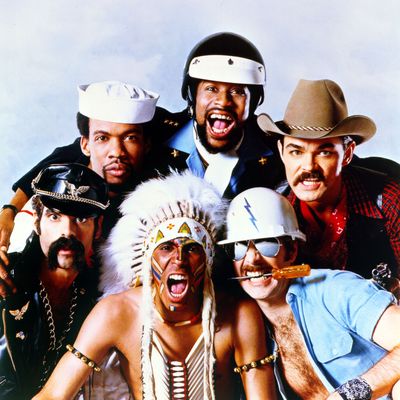
I remember having the weird realization, in the thick of job-hunting madness during senior year of college, that I’d absorbed the language of the consulting industry, as if by osmosis: I knew what a case interview was, I knew the big players in the field, I even knew what they were asking in their interviews. As an English major with a healthy fear of Microsoft Excel, I was staying far away from anything consulting-related, but it seemed like, at any given moment, nearly half of the people I knew could be found discussing the recruiting process.
Turns out that’s a pretty common pattern: As Uri Bram, the author of Thinking Statistically, recently wrote in Nautilus, groups of friends often have a tendency to choose similar career paths. Yes, part of this is because friendships can stem from similar interests and backgrounds, but there’s another reason: selection bias, or when you hold up one isolated case as a representation of its entire kind. If your social circle skews toward a certain type of industry or job, Bram wrote, your view of the overall workforce will be skewed, too:
If your only exposure to Fijians is watching their rugby team win gold at the Olympics, and you say to yourself, “Wow, everyone in Fiji is so athletic!” you’re clearly suffering from selection bias—the Fijian rugby team was not plucked at random from the general Fijian population. But the same problem applies to asking your doctor friends whether it’s worth going to med school: In so many ways, the people who become doctors are not representative of all the people who once wanted to but are now doing something else.
“We mostly get ideas about different jobs from our friends and family, who are generally very unrepresentative of the wider population,” Jess Whittlestone, a researcher at Warwick Business School, told Bram. “This means the jobs we consider in the first place are going to be limited—if you never knew anyone who was a carpenter, you’re very unlikely to even consider being a carpenter.” The same phenomenon can also have more insidious, wide-reaching effects: “[I]f few women go into software engineering,” Whittlestone added, “then many women won’t even consider software engineering as a possible career for them.”
But, Bram wrote, there’s one way that people entering the job market can actively combat their own election bias: doing negative tests, or trying out that thing you’re pretty sure you don’t want just to confirm that your instinct is correct. That’s not to say that you should do lightning-quick stints at a bunch of different companies — in fact, that’s the opposite of the whole negative-testing strategy, which is to help people ultimately settle into something they love. The stakes can be lower: Maybe attend some info sessions, or work your connections to learn more about an industry that doesn’t hold much interest for you, or shadow someone who holds a role you’d written off. Worst case, you’re bored for a few hours and walk away a little more sure of your choices. Best case, though, you may find yourself surprised.




